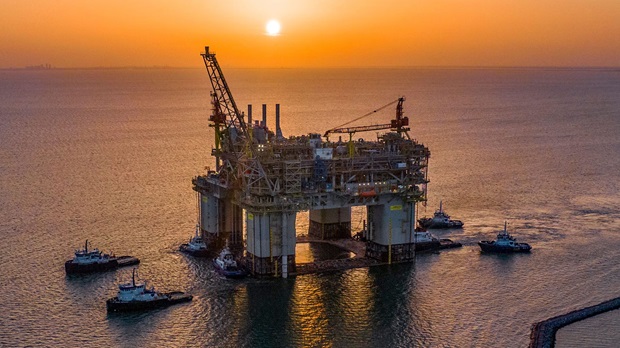
Source: Sharecast
The moves are part of a plan to significantly reallocate capital to grow free cash flow, returns and long-term shareholder value, BP said, with structural cost reductions of $4–5bn expected to be made by the end of 2027.
Capital expenditure is expected to total $13-15bn each year until 2027, some $1-3bn lower than the amount spent in 2024.
To achieve this, the company said it is only making "disciplined" and "selective" investments into its so-called transition businesses, which comprise biogas, biofuels, EV charging, hydrogen, carbon capture and storage (CCS) and other renewables. As such, investment in these areas would be just $1.5–2bn per annum, over $5bn a year lower than previous guidance.
Meanwhile, annual capex into oil and gas would be increased to $10bn as it ramps up production capacity to 2.3–2.5mmboed by 2030.
BP is also targeting $20bn of divestments by 2027, including potential proceeds from solar developer Lightsource bp, and said it would conduct a strategic review of the Castrol lubricants division.
Net debt is expected to reduce to $14–18bn by the end of 2027, down from the $23bn position registered at the end of 2024.
“Today we have fundamentally reset bp’s strategy," said chief executive Murray Auchincloss.
"We are reducing and reallocating capital expenditure to our highest-returning businesses to drive growth, and relentlessly pursuing performance improvements and cost efficiency. This is all in service of sustainably growing cash flow and returns."
The stock was down 1.5% at 430.20p by 1030 GMT.